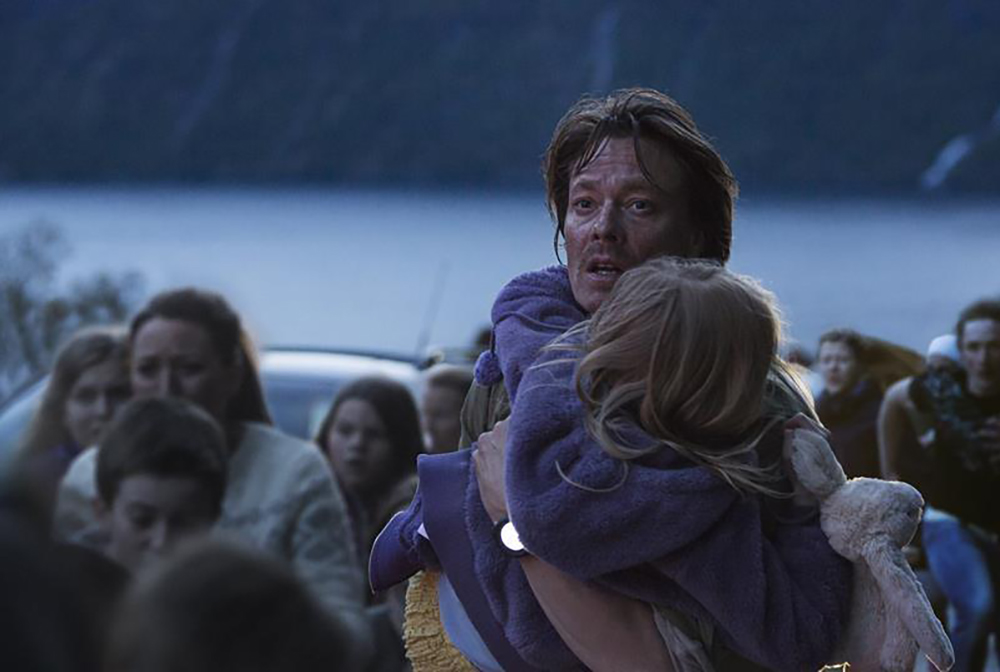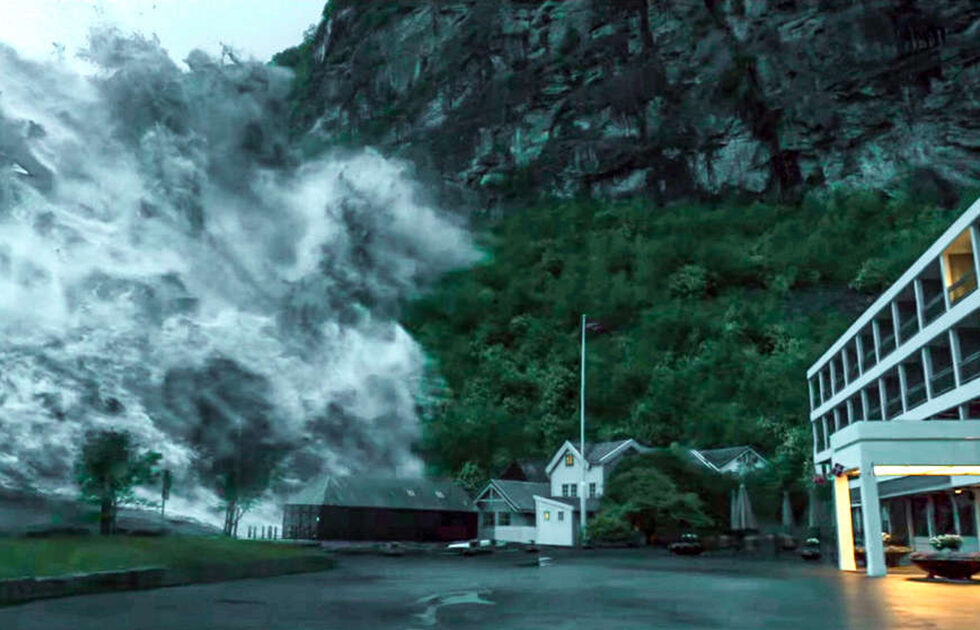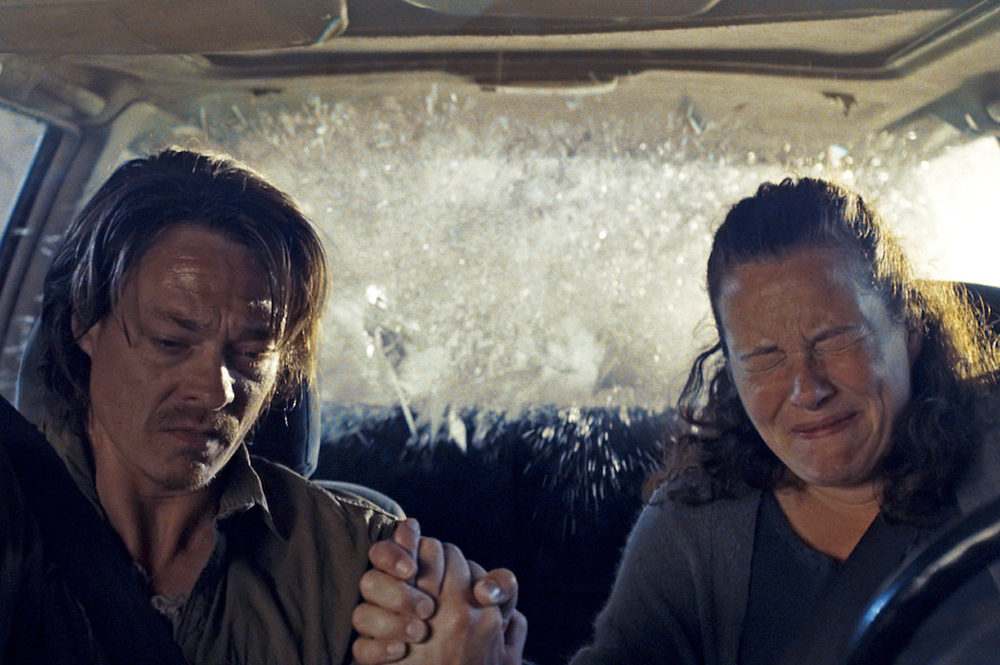It’s been said before that if you’ve seen one disaster movie, you’ve pretty much seen them all. Along with other genres that are formulaic in nature, disaster films often contain a number of familiar and clichéd tropes, just like their cinematic siblings. Just take a look at Roland Emmerich’s filmography to see what I’m talking about. They’re basically all the same movie.
A deeper disaster film
Director Roar Uthaug’s 2015 entry “The Wave” (“Bølgen” original title) does not escape the curse of the disaster movie clichés. However, it overcomes its predictive story with a smart script that possesses rare emotional intelligence for films of its ilk. Aided further by strong performances—spearheaded by the able Kristoffer Joner in the lead role—and impressive visuals, “The Wave” is one of the most effective disaster thrillers that I’ve come across.
Norway entered “The Wave” as its selection for ‘Best Foreign Language Film’ at the 2016 Oscars; I must say I’m honestly surprised to find that it wasn’t ultimately nominated in the category. From the opening frame, the film took me aback. It shows judicious pace and character focus that it maintains through its efficient 105 minutes.
The movie’s supposed draw comes from in the form of the tsunami that forms after a rockslide in the Scandanavian mountains threatens the nearby tourist village of Geiranger. However, “The Wave” has a sense of realism that it accentuates with excellent performers and the full-bodied characters they portray that makes it especially impactful.

The Eikjord family sits at the center of the chaotic proceedings. They supply the film with a level of emotional resonance absent from disaster movies that emphasize the size and scale of the disasters they’re depicting over the human beings they affect. “The Wave” has no such issues. As a result, the film feels startlingly realistic for a genre that so often pumps out absurd and over-the-top spectacles.
Storytelling and scientific precision
The film’s success stems from its developed characters and deft storytelling, but also from its scientific precision and the plausible nature of the wave itself. Geiranger is eventually thrust into a full-blown evacuation as the giant wave rapidly approaches.
The sequences, which are tremendously stressful, provide enough suspense on their own; however, the emotion its characters bring to the fore is the film’s true selling point. The filmmakers dedicate needed emphasis to the central humans early on, and ensure the impact of the film’s visual splendor.

The cinematography impressively renders the incoming wave as it approaches the quaint village, rivaling the best Hollywood FX despite its $6M budget. There are also a handful of truly stunning practical visuals captured on and around the Åkerneset Mountains.
“The wave” is gorgeous and harrowing, and a perfect example of a disaster movie done right. While it packs crowd-pleasing set pieces audiences expect from disaster films, it also utilizes its characters as a firm foundation. Its rip-roaring action and heartfelt emotion provide a gravitas that makes the rest of the movie that much more exciting.
*”The Wave” is currently available to watch on most streaming platforms.


